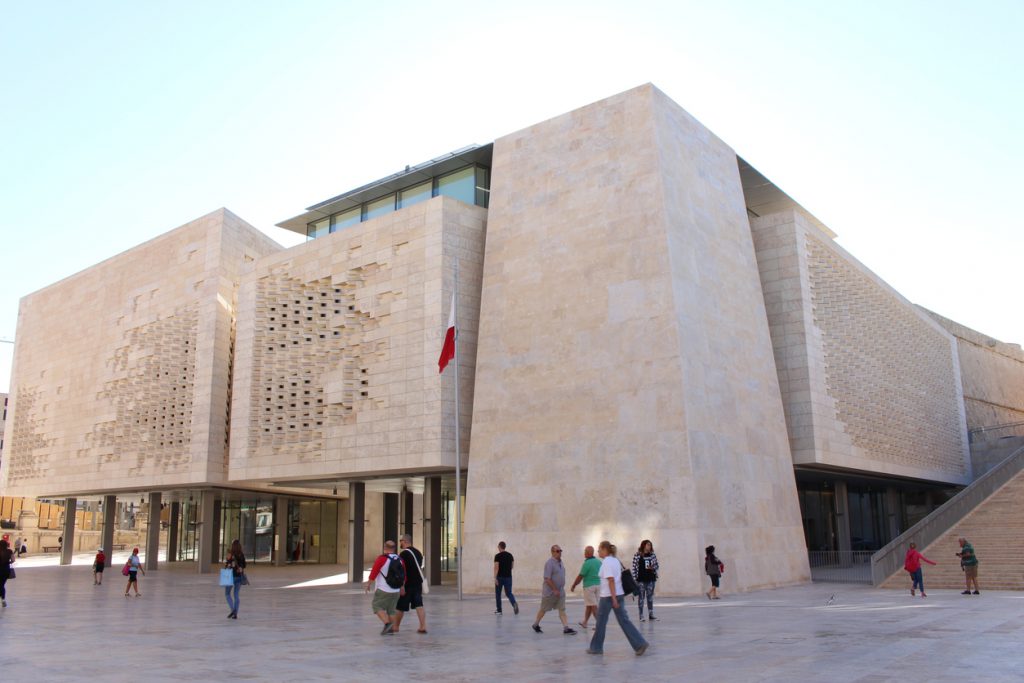Malta, Zelensky and the war

Few would have believed that Ukraine would withstand the Russian onslaught beyond a few weeks when the invasion started last February. Three months down the line, however, Kiev is still under Ukrainian control and except for some parts in the eastern part of the country the Russian invasion has made modest inroads at the cost of huge losses. With hindsight, Vladimir Putin’s gamble to annexe Ukraine to deter further eastward expansion of NATO has backfired bigtime. Not only, Russia has failed in its bid to blitzkrieg Ukraine into submission, but it has managed to mobilise the western world against it to the point that Finland and Sweden – two countries for whom neutrality was a key pillar of their foreign policy – are now asking to join the alliance. NATO which in 2019 was facing an existential crisis is all of a sudden reinvigorating itself.
There is no doubt that this war is leaving its mark on a political, military and economic level. Ultimately, we are experiencing a historic period, just like the second half of the 1930s when war was looming on the horizon and countries started arming themselves on one hand while persevering with diplomacy. It is unacceptable that a sovereign independent country loses its territorial integrity as a result of unprovoked aggression by its neighbour. Putin’s declaration of war against Ukraine was tantamount to go to war with the rest of Europe.
During these months Ukrainian President Volodymyr Zelensky stood out for his resilience, determination, courage in the face of adversity. These characteristics were showcased during the recent address to the Maltese parliament. This event which was meant to convey Malta’s support to Ukraine ended up making headlines for the wrong reasons. Some have even branded this address as a public relations stunt which has gone abysmally wrong. While we will not enter into the controversy stoked by the Speaker on whether this should be described as a conflict or a war, it was clearly evident that the only message from the House of Representatives was to emphasize our neutrality clause in the Constitution and our support for Ukraine’s application for EU membership. There was very little on offer beyond that.
Yet, Zelensky’s call was not for Malta to involve itself militarily. These is more which Malta could do, he insisted. His request was to stop letting Malta “be abused” by Russian oligarchs through the passport scheme while urging lawmakers to “do your checks, [and] see which Russians are using Malta to hide”.
Moreover, the Ukrainian president did not mince his words on the lucrative industry of the transport of Russian oil by EU-flagged vessels. “Each euro and dollar that you can earn will be accompanied by the big losses if you cannot stop the food crisis, but also the migration crisis.” The pressure of rising food prices will ultimately hit hard Asia and North Africa, which in turn would make Malta’s migration crisis even worse, he said.
While we are not advocating a situation whereby Malta should follow Ukraine as if it was part of a joint alliance or to bow down to all their requests, the least thing we expect from our highest democratically elected institution is to avoid resorting to hollow statements when addressing a President whose country is fighting for survival.
